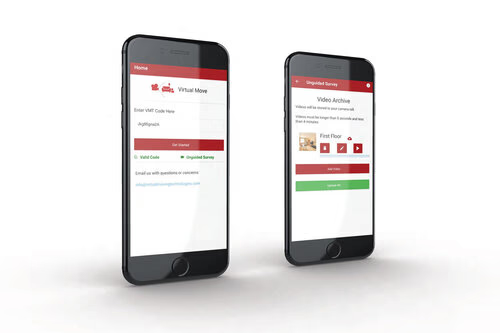Discover how API Development can transform your business. Learn how API Development boosts efficiency, innovation, and customer satisfaction.
Why API?
This building block helps you set yourself up for future system scalability, security and success.
When you think of an interface, you may think about your users and how they interact with your software. Have you ever given some thought to the way your software interacts with other software?
That’s where an Application Program Interface (API) comes into play. Chances are you’ve heard of APIs, but you may not realize what makes them - and the thinking that goes along with them - so valuable to your bottom line.
Here’s The Theory
For years, software engineers have used basic tenets to guide the creation of software systems. Two of the most important are Separation of Concerns and Encapsulation .
In simple terms, the idea is that a process, function or module should contain the logic it needs to operate—and each component of a system should constitute its own, independent, self-contained module, with clearly defined ways to interact with other modules in the system. This structure accommodates efficient, effective modifications because the logic for each kind of activity is separate from that for every other kind.
APIs expand this theory from modules within a software system, to modules that allow two or more software systems to work together. As a result, it’s become a core building block in the modern technology stack over the last decade.
Limiting Exposure
The most familiar types of APIs are those used among web applications. So, for example, an API from Google lets web developers display interactive Google Maps on third-party websites. Facebook’s API lets third-party app developers give you the option to log into their apps using your Facebook credentials. And travel sites like Kayak and Hipmunk use APIs to pull available flight data from airline websites so that they can display it in a way that makes it easy for you to compare all of your travel options.
In each of these cases, the API allows one system to pull information from another system, so that it can be used in different ways or to accomplish different tasks. This is incredibly valuable to third-party systems that wish to make use of data, calculations or processes that are already built elsewhere. Rather than having to invest resources in developing features or accumulating data, they can simply use what is made available to them through an API.
In addition to increasing workflow efficiency and limiting the risk of errors by eliminating the need for duplicate efforts, an API creates a single point of access to the data in a system, which helps to improve data security.
While the most familiar examples may be related to consumer web applications, APIs work the same way in - and between - custom software systems. This can improve efficiency, accuracy and security within a company or organization.
What’s The Problem?
Four years ago, the Harvard Business Review was already describing software without APIs as being like “the Internet without the World Wide Web.” It’s simply not connected to all of the other systems that could make that software more useful and efficient.
It’s been years since Web 2.0, software as a service (SaaS) and mobile computing introduced the need to run multiple systems without writing and maintaining duplicates - which is where APIs excel. That’s why you may find it surprising that even now:
Much legacy software available has no API capability.
Much custom software available does not adequately use APIs.
Major content-driven platforms, like WordPress and Drupal, require third-party plug-ins or retrofits to accommodate common APIs.
Many software developers do not program with APIs in mind or even consider the need to accommodate APIs.
APIs Benefit Your Business
You’ve probably already figured out that modular development can help limit diagnosis, upgrade and repair costs. Imagine how much truer that is when those modules are APIs and you’re working with multiple systems. And, imagine how many opportunities there are to use APIs proactively to make connections that can help you grow and drive your business.
As you consider your next build or system upgrade, take the time to really consider what APIs can do for you:
Increase efficiency in processes and workflows
Help eliminate errors
Identify and minimize risk
Open doors to new markets
And so much more!



